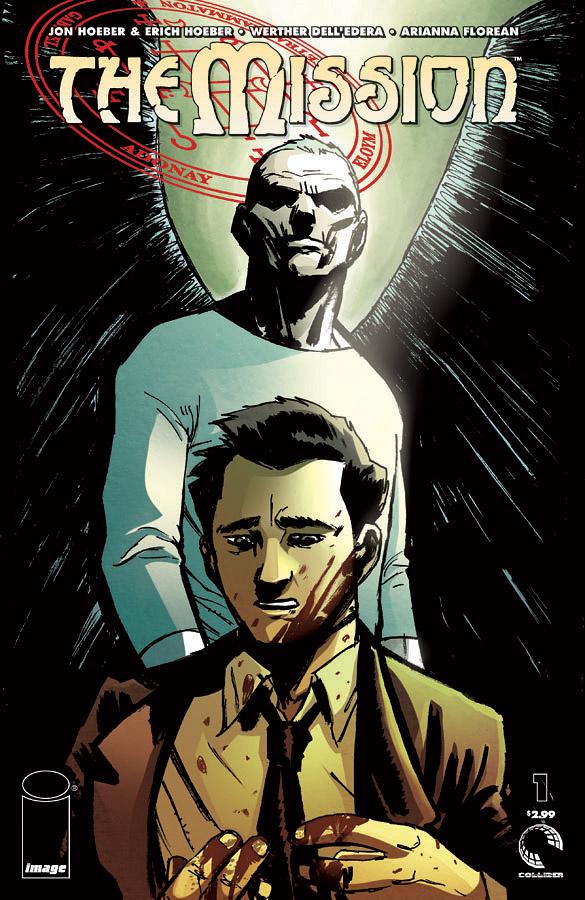The Mission 1
Reviewed by Martin Skidmore 02-Mar-11
Hitchcock once described suspense something like this: if a bomb under a table goes off, that’s a shock. If the viewer sees it there, the timer counting down, the people around the table not knowing it’s there, it’s suspense. The Hoebers haven’t quite grasped this.
Hitchcock once described suspense something like this: if a bomb under a table goes off, that’s a shock. If the viewer sees it there, the timer counting down, the people around the table not knowing it’s there, it’s suspense. The Hoebers haven’t quite grasped this.
Paul Haskell is accosted by someone he assumes is crazy, telling him he has a part to play in the war between good and evil, telling him to kill a named man within 48 hours. We get the timer, which is good. Paul doesn’t take him seriously at first, but is soon forced to do so by strange subsequent encounters. He starts following his assigned victim around, watching him playing with his kid, praying in church and so on. He can’t bring himself to kill this man.
The ending is strong, but the writers forgot their fucking timer! It comes out of nowhere, and indeed there are implications that it is less than the 48 hours given – the deadline is set at the end of his working day, as he goes to his car before driving home. The climactic scene is at the start of a case or session in court, which seems unlikely to be so late. The writers had created a bit of suspense, but then blew it in favour of a shock – and the shock would not have been diminished at all by retaining the countdown.
Still, the premise here is vaguely interesting, if it amounts to more than Paul being told to do something and him doing it. I think a little more ambiguity in the missions might be more interesting too, though I guess this first episode needs to convince him there is validity in the orders.
The art is solid enough – reminded me a bit of Ken Steacy, if anyone remembers him. It’s also rather rough at the edges – I imagine this is all deliberate, but there are faces and figures that look underworked or clumsy. (Also, the guy giving the mission, uppermost on the cover, looks very like the old Bruce Wayne in various Batman comics viewing the future.) The flow is okay, and I guess the dull pacing in places is probably the writers’ fault, as Dell’Edera is given too little to really fill a few of the pages. The sparseness of the dialogue, the too minimal amount of agonizing Paul goes through, is in keeping with that. Ultimately, this feels rather thin and slight, despite a decent enough premise.
Tags: Erich Hoeber, Image, Jon Hoeber, Mission, Werther Dell'Edera